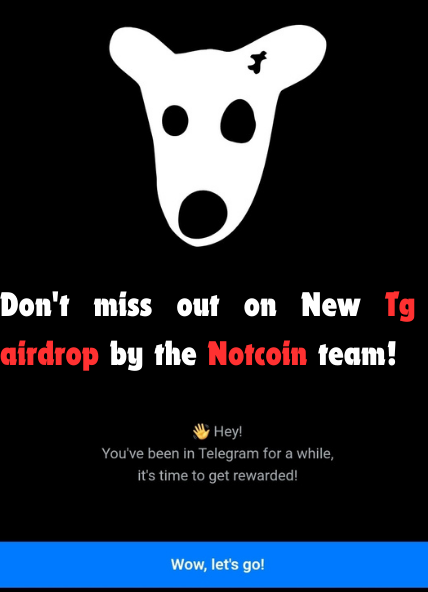Back in June 2018 the news broke out that Tron founder Justin Sun bought file-sharing pioneer BitTorrent.
The deal was just the latest in a long and tumultuous corporate history for BitTorrent. The company raised millions a decade ago to build an entertainment business on top of its P2P. Those plans failed and BitTorrent was forced to lay off much of its staff, and recapitalize, in 2008. In the following years, BitTorrent proceeded to grow its business through ads and bundled software, at one point reaching 150 million monthly active users.
Sun took over the project and in his ordinary fashion started hyping it. Tron holders hoped the file-sharing platform would be integrated on Tron blockchain to boost its ecosystem and overall reputation but Sun had different plans. He decided to fill his already deep pockets with some more, easy ICO money by launching another token that will be used within BitTorrent system, dubbed BTT.
What you'll learn 👉
Token on BitTorrent makes no sense
As the above linked tweet suggests, the secret for BitTorrents success in beating its opponents at the time, was removing the idea of digital currency within its platform.
The idea of a token in a file-sharing system was first tested (and failed) in MojoNation.
Mojo Nation was an open-source peer-to-peer content sharing system that was used to share digital content.
Have a look at the current Tron price or Tron price prediction for 2019 & 2020.
The technology allows the P2P network to prevent bottlenecks by utilizing a load balancing distribution-based mechanism and an economy of incentives, using micropayments called Mojo to reward users for distributing and uploading files to the network. Whether it be resources or digital cash, everyone is expected to contribute something for the transactions they make within the community — freeloaders are really not a problem because they cannot consume any more than they contribute. To earn Mojo you can act as a server, allow your bandwidth or hard drive space to be used, or sell services, with those buying and selling determining the prices.
And this model failed so did the complete MojoNation project but Justin Sun revives the unsuccessful idea by wanting to implement it on his newly acquired toy. The token and the whole project have a high probability of failure if they proceed as announced.
Tron and legitimacy
On the surface, the TRON project looks extremely busy and hasn’t failed to impress with the quantity of updates.
Want to know how good is Cryptopia? Click here.
Nevertheless, there is some unease about legitimacy of this project, no matter how melodic Justin Sun and his promises sound. Perhaps it has something to do with the marketing methods Sun uses: pre-announcing announcements, dodgy white paper and partnerships with flimsy companies which others have tracked back to being Justin Suns own side projects.
Hyping a coin is acceptable. Overhyping is not. Sun’s tweets are always about why Tron is better than Ethereum or some other coin out there, saying Tron is faster, has more transactions etc . Not to mention all the “partnerships” that barely are partnerships in fact. The job of a CEO must be to promote and help the coin, the way he’s doing now he is making a pretty huge meme of himself…
Many come to Sun’s defense with an argument of cultural difference – what is acceptable marketing tactic in China, it is looked at as misleading or even borderline scam on the West. That fact might play a small role in the whole story but one thing is absolutely certain: Sun has employed and keeps employing misleading marketing tricks to get people to invest in Tron. If he and his team can deliver at least a part of what is promised, those tactics will be only a “misleading marketing”. But if they don’t deliver on their super ambitious goals – tweets like this can be considered as a pure scamming of people.
Binance to lend a helping hand in launching the ICO
Binance’s ICO platform Launchpad entered the first days of 2019 in a working mood. On January 3rd, Binance’s official blog published an update regarding its Launchpad platform, confirming that at least two new projects will be launched on it in the following months.
The projects in question are related to BitTorrent and Fetch.AI, both of which have shown clear intention to expand their business activities with blockchain technology. BitTorrent was previously purchased by TRON’s Justin Sun in a $140 million deal; the project looks to expose its 100 million active monthly users to cryptocurrency by launching a native BTT token that will be used to purchase on-platform services and better packages.
Fetch.AI, a project marketing itself as “decentralized digital representation of the world in which autonomous software agents perform useful economic work,” will deliver data or provide services using “smart ledger technology” in exchange for Fetch Tokens, the network’s native cryptocurrency. The project aims to provide use cases for hospitality, transportation, energy, and supply chain sectors.
Binance Launchpad will look to nurture both of these projects into the world of cryptocurrency ICOs. Besides offering token launch help, they will give full advisory support, thus allowing the projects to focus their efforts on development and adoption. Details about the timing and procedures for each offering on Binance Launchpad will be revealed soon. Binance’s blog post also reveals that the Launchpad will look to host at least one ICO every month of 2019.







